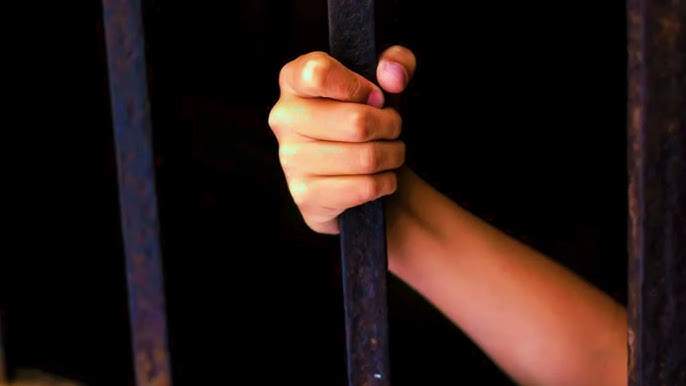AUSTRALIA: The government in Australia’s Northern Territory (NT) has lowered the age of criminal responsibility, and children as young as 10 years old can now be jailed, according to a BBC report.
The new Country Liberal Party (CLP) government, which came into power in August, said that the new age limit was necessary to combat crime among youth.
Doctors, human rights organizations and indigenous groups are upset about the ruling and don’t agree with that logic at all. In fact, they say that this new law will not reduce crime but will instead unjustly affect Aboriginal and Torres Strait Islander children.
According to data, the NT already jails children 11 times more than any other area in Australia and a big proportion of them are Aboriginal children.
NT Chief Minister Lia Finocchiaro said that the change would allow courts to put young offenders through programmes that will help address the root cause of their crimes. Most of these crimes are related to burglaries and assaults.
Speaking in Parliament, she said, “We have this obligation to the child who has been let down in a number of ways over a long period of time. And we have [an obligation to] the people who just want to be safe, people who don’t want to live in fear anymore.
”We make no apologies for delivering on our commitments to reduce crime for all Territorians,” said Finocchiaro.
The NT government also made stricter rules on bail and has introduced penalties for “posting and boasting” about crime on social media.
About 100 people gathered outside Parliament to protest the bill during the week, carrying placards, one of which said, “10-year-olds still have baby teeth”. Another one said “What if it was your child.”
Today Territorians came together at Parliament House as the CLP Govt rushes through their lowering the age legislation to say loudly and clearly that we want kids on country not in custody.
Ten year olds should not be locked up. pic.twitter.com/O1nNzNh7h3
— Suki Dorras-Walker (@DorrasWalker) October 16, 2024
Independent MP Yingiya Guyula, from northeastern Arnhem Land, said to the BBC, “It is a racist bill.”
Opposition leader Selena Uibo, who is the first and only Aboriginal woman to head a major party in Australia, said that it was a “dark day” for the territory.
“We know – because all of the evidence tells us this – that the earlier a child comes into contact with the criminal justice system, the more prolonged their involvement is likely to be.
”We want to see children held accountable for bad behaviour but then supported to get on a better path,” said Uibo.
The date for the change to come into effect has not been confirmed.

